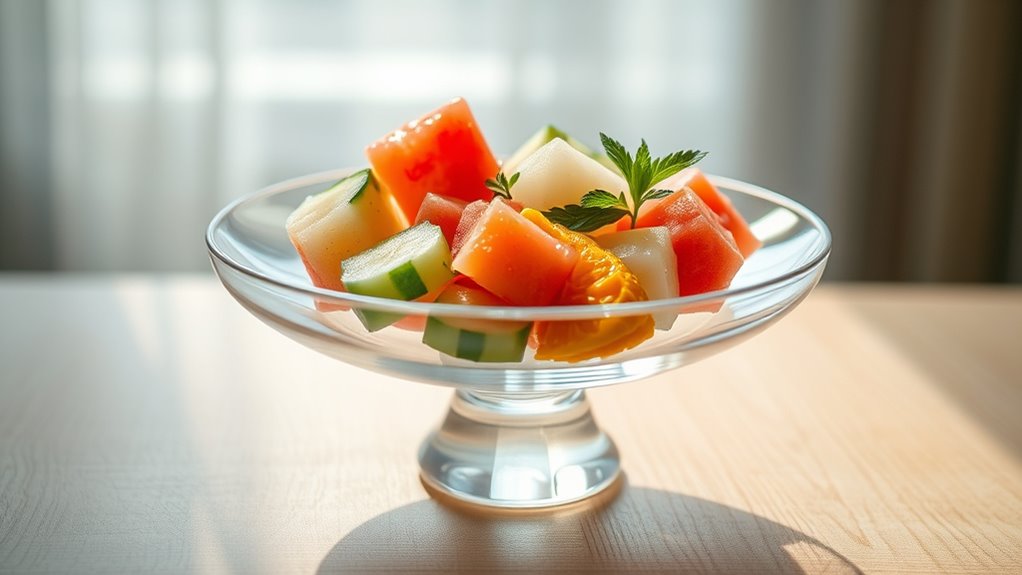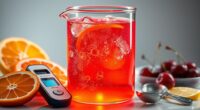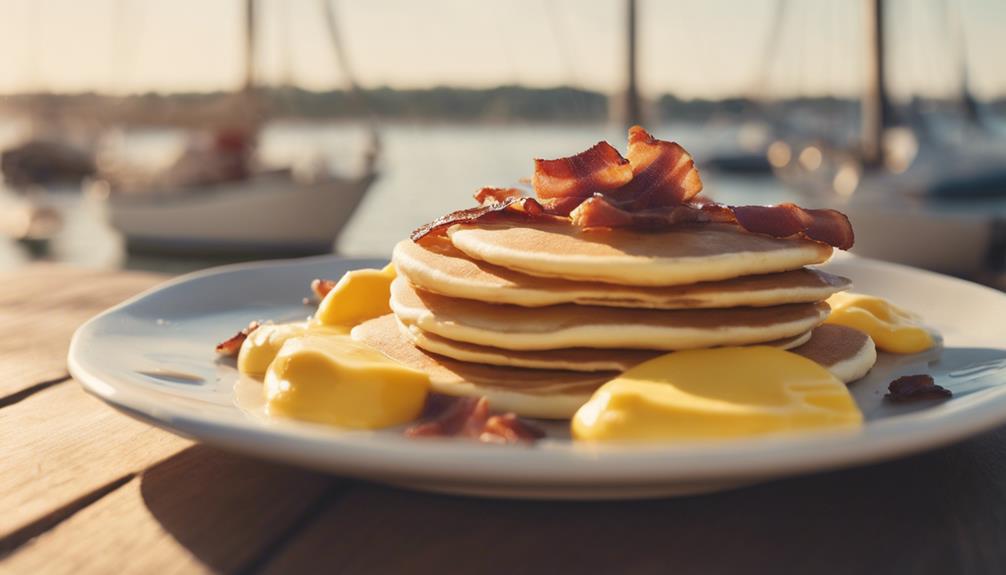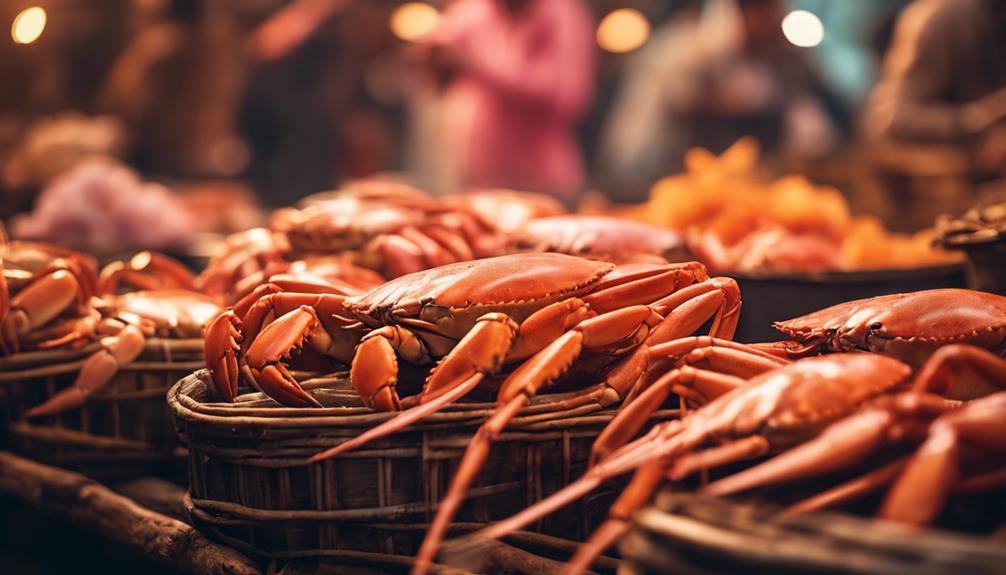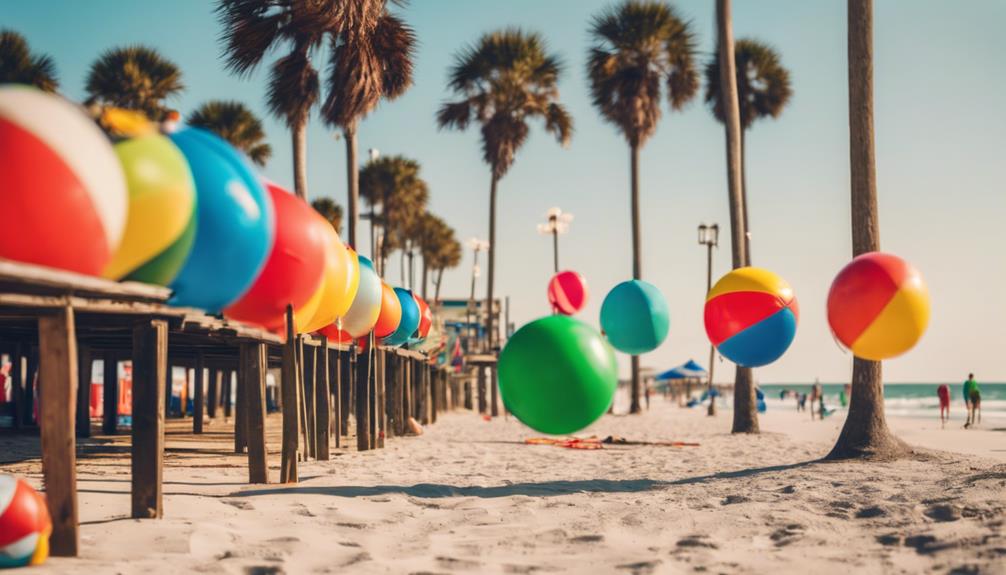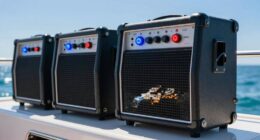For floating and light meals that digest well, focus on fresh, minimally processed ingredients like vegetables, fruits, lean proteins, and grain alternatives like cauliflower rice. Combine hydrating foods such as cucumbers, watermelon, and citrus with easily digestible proteins like grilled chicken or tofu. Use light dressings like lemon juice or herbs to enhance flavor without adding heaviness. Sticking to simple, balanced pairings helps your digestion and energy stay smooth—keep going to learn more about creating perfect combinations.
Key Takeaways
- Combine lean proteins like grilled chicken or seafood with raw or lightly steamed vegetables for easy digestion.
- Use fruits such as watermelon, berries, or citrus alongside hydrating vegetables to create light, digestible meals.
- Incorporate cauliflower rice or spiralized vegetables instead of heavier grains to reduce bulk and enhance digestibility.
- Avoid heavy dressings; opt for lemon juice, vinegar, or light oils to keep meals light and digestion-friendly.
- Pair meals with plenty of water or herbal teas to support digestion and hydration.
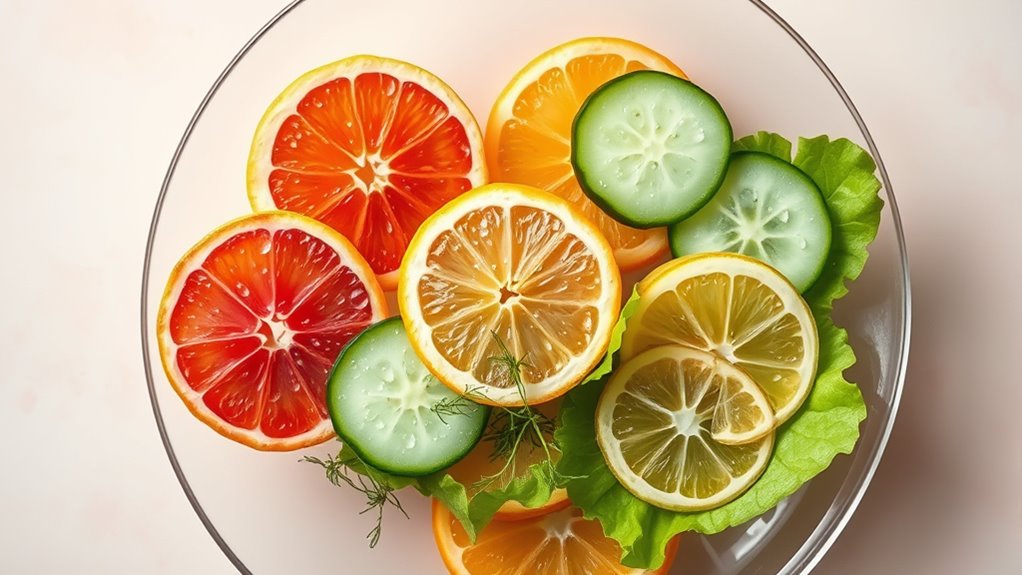
Floating and light meals offer an invigorating way to enjoy dining without feeling weighed down. When you’re seeking meals that refresh rather than burden your digestion, choosing the right combinations is key. These meals often focus on easily digestible ingredients that promote a sense of lightness and energy. To maximize their benefits, it’s helpful to incorporate hydration tips, ensuring you stay well-hydrated, especially since lighter meals can sometimes be more filling if you’re not mindful of fluid intake. Drinking water, herbal teas, or infused waters alongside your meal helps digestion and prevents dehydration, which can sometimes be overlooked during lighter eating.
Light, hydrating meals boost energy without weighing you down. Stay refreshed and support digestion with smart ingredient choices.
When selecting ingredients, consider substitutions that enhance digestibility. For example, swapping heavier grains like white rice for cauliflower rice or spiralized vegetables reduces bulk while maintaining texture and flavor. Opting for lean proteins such as grilled chicken, tofu, or seafood keeps the meal light and satisfying without overloading your digestive system. Incorporating plenty of fresh vegetables, like cucumbers, lettuce, and radishes, adds crunch and hydration, thanks to their high water content. Fruits such as watermelon, citrus, or berries are excellent for adding sweetness and moisture while being gentle on your stomach. These ingredient substitutions not only make your meal lighter but also boost your hydration levels naturally.
You should pay close attention to how you prepare your meals. Lightly steaming or raw preparations preserve the nutrients and keep foods easy to digest. Avoid heavy dressings or fried toppings—opt for lemon juice, vinegar, or light olive oil to enhance flavor without adding heaviness. When combining foods, aim for simple pairings: a protein with a fresh vegetable salad or a fruit bowl. These combinations are quick to digest and keep your energy steady without feeling sluggish later. Incorporating herbs like mint, basil, or cilantro to add flavor without extra calories or fats, further supporting your goal of light, revitalizing meals. Additionally, understanding Gold IRA Rollovers can be an essential part of securing your long-term financial health, which parallels the importance of making mindful choices for your well-being.
In essence, creating floating and light meals that digest well involves choosing the right ingredients, making smart substitutions, and paying attention to hydration. These strategies help you enjoy meals that feel nourishing yet don’t weigh you down, making them perfect for hot days, post-workout refueling, or whenever you want a meal that’s easy on your stomach. By focusing on fresh, minimally processed ingredients and staying hydrated, you’ll find that your digestion feels smoother, and your overall energy levels stay high. These mindful choices turn light eating into a delightful, revitalizing experience that keeps you feeling good from the inside out.
Frequently Asked Questions
Are There Specific Foods to Avoid Before Floating or Light Meals?
You should avoid heavy, greasy foods before floating or light meals, as they can disrupt digestion. Opt for easily digestible food pairings and plan your meal timing so you’re not too full or hungry during your session. Stay clear of large portions or high-fat dishes, and instead, choose light snacks or fruits. This helps guarantee your stomach is comfortable, making your floating experience more relaxing and enjoyable.
How Long Should I Wait After Eating Before Swimming or Floating?
You should wait about 30 minutes to an hour after eating before swimming or floating. This allows your body to start digestion, reducing discomfort. Stay hydrated with water, as hydration tips help your body process food better. During post-meal activities, avoid vigorous movements to prevent cramping. Listening to your body is key—if you feel full or sluggish, give yourself more time before submerging.
Can I Combine Certain Foods for Better Digestion During Light Meals?
You can optimize digestion by choosing the right food pairing during light meals. Focus on combining easily digestible foods like fruits with nuts or vegetables with lean proteins. Avoid mixing heavy or fatty foods, which can slow digestion. Opt for simple, balanced pairings that support quick digestion and prevent discomfort. This approach helps you feel lighter and more energized, especially before swimming or floating, ensuring your meal supports your activity.
Do Floating Meals Help With Weight Management or Digestion Issues?
Floating meals can support digestion enhancement and offer metabolic benefits, helping you manage weight more effectively. Unlike heavy foods that slow digestion, these light, airy options reduce bloating and promote quicker nutrient absorption. You feel lighter and more energized, making it easier to stick to healthy habits. Incorporating floating meals into your routine may assist with weight control and improve overall digestive health, giving you a gentle yet effective way to optimize your well-being.
Are There Recommended Beverages to Accompany Floating and Light Meals?
You should choose digestion-friendly drinks to accompany floating and light meals, like herbal teas, warm lemon water, or coconut water. These beverage pairings help enhance digestion and keep you feeling light. Avoid sugary sodas or heavy drinks that can slow digestion. Opt for these wholesome options to support your meal’s effectiveness, making your floating and light meal experience more enjoyable and beneficial for your digestion.
Conclusion
By choosing floating and light meals that digest easily, you’ll feel energized and vibrant all day long—like you’ve discovered a secret to endless vitality. Remember, when you combine the right foods, digestion becomes a breeze, freeing you from sluggishness and discomfort. Don’t settle for feeling weighed down; embrace meals that lift you up and make every moment brighter. Your gut will thank you, and you’ll experience a level of wellness that’s nothing short of life-changing.

